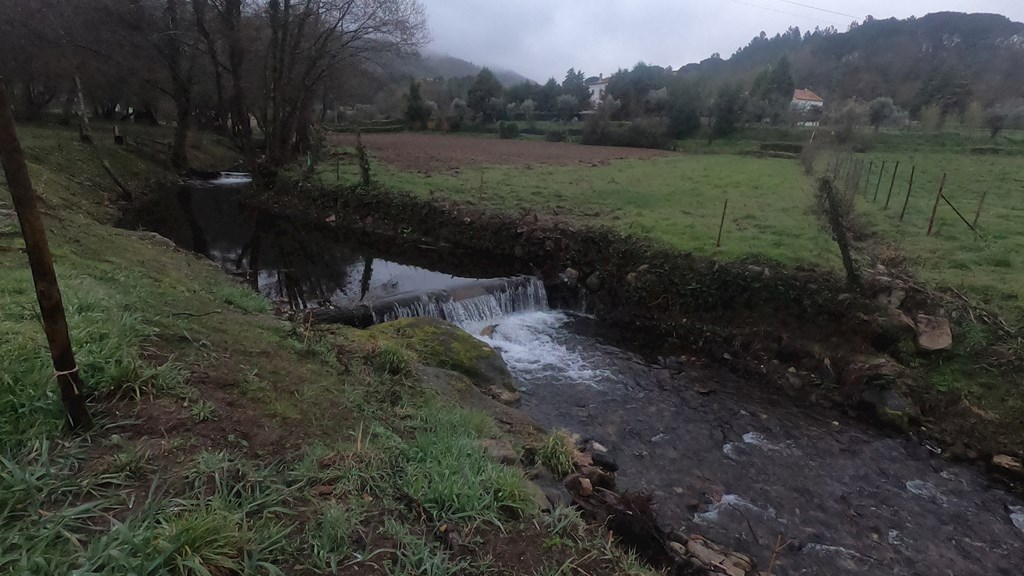Based on an innovative environmental approach aiming to raise awareness and make local people active in their activities while mitigating and adapting to climate change in their territory, this Project, designated as "Rio Ceira River Basin Management in the face of Climate Change" aims, in this case, the territorial unit of the hydrographic basin of the Ceira River, which covers 300 km2.
With an available budget of € 2,600,000.00, this project is funded by € 2,210,000.00 from the EEA Grants and the remaining € 390,000.00 from the Secretary General for Environment and Energy Transition.
The project, which is expected to last 36 months, is promoted by the Portuguese Environment Agency (APA), through ARH Centro and as partners, the Faculty of Engineering of the University of Porto, the Municipality of Arganil, the Municipality of Góis, the Municipality of Lousã, the Municipality of Pampilhosa da Serra and the Norwegian Civil Protection Directorate.
Also referred to as Pre-defined Project 3, this initiative has three main components, hydrological, ecosystem and cultural:
(i) The hydrological component aims to characterize the behavior of the basin, including flow assessment and the implementation of a monitoring system, in order to minimize the effects of extreme events (floods and droughts). For this purpose, it is proposed to create a flow monitoring program;
(ii) The component dedicated to ecosystems aims to reinforce the role of green infrastructure in adapting to climate change. The project aims to rehabilitate ecosystems and their services, increasing their resilience to climate change. The rehabilitation and protection of the hydrographic basin is essential in adapting to climate change in this project;
(iii) The socio-cultural component is a key factor in sensitizing populations to climate change. The involvement of the local population will be based on the preservation of some historical elements. The focus on restoring traditional good practices, with an emphasis on the potential of River Watchers (a former practice now abandoned), is a visible aspect of a new governance model based on proximity.
You can know more about the Project here.
